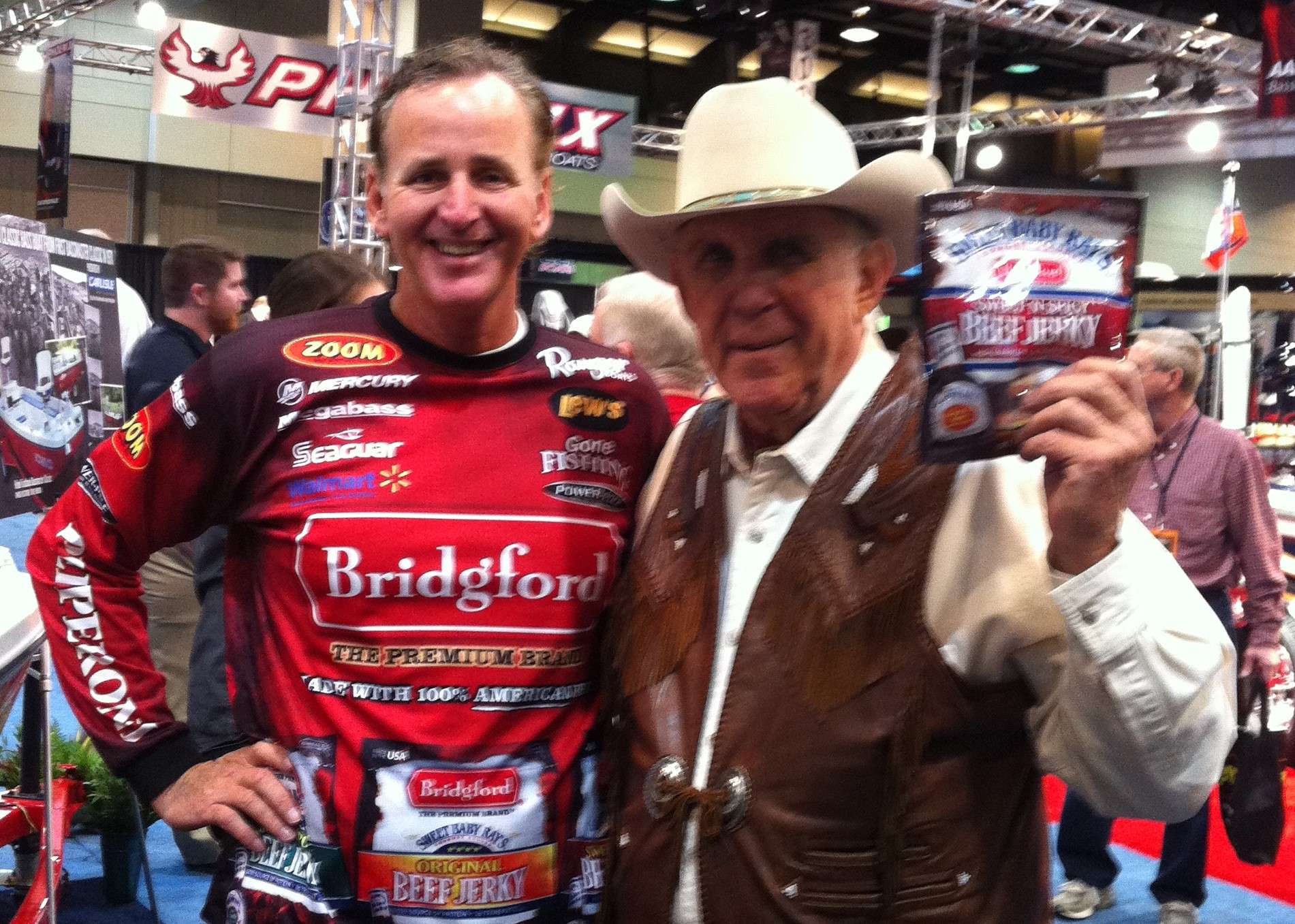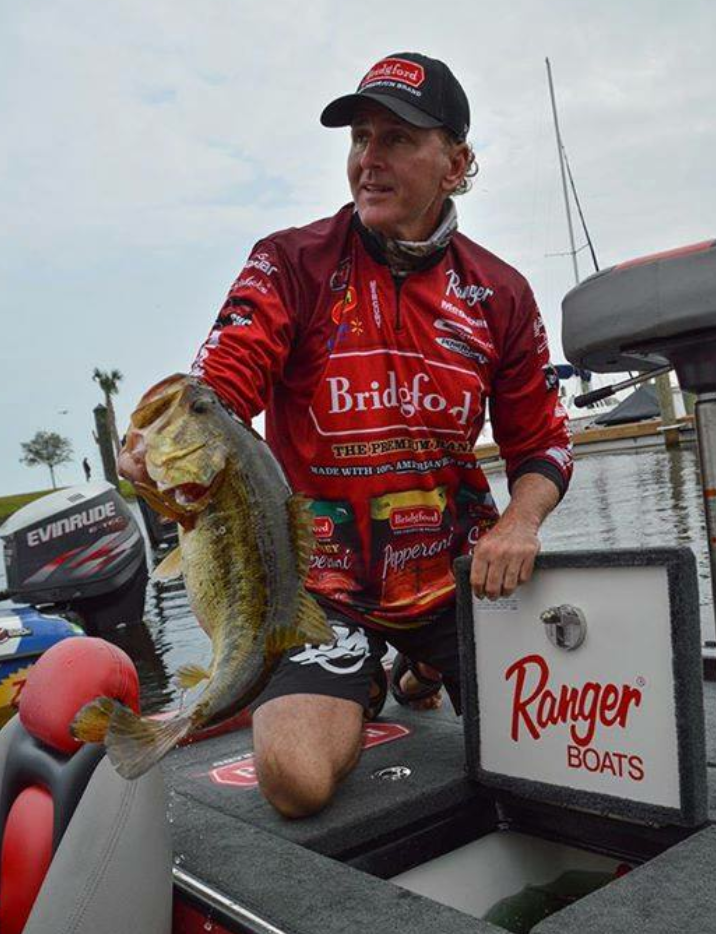
The cliché “time flies” is one of the most accurate statements of all time.
I cannot believe I am 58 and have been fishing with B.A.S.S. since 1985. It seems like just yesterday we were all sporting semi-mullets and listening the Bee Gees on our 8-track players.
I remember old dudes saying the same thing when I was a pup. They were talking about age creeping up and reflecting on memories.
The young guns of today will be saying the same thing I am saying 30 years from now. Such is life, for it is the natural progression.
Now, as an OG veteran with decades on tour, one of the goals I have in mind for my blog series with Bassmaster.com is to occasionally give members a glimpse into the history of the organization.
Many times we forget that the world of tournament bass fishing we have today was carried to us on the shoulders of those who came before. This is especially important for the younger anglers today to know.
Educating them to have a respect for those who paved the way before is the right thing to do.
Without a doubt, the biggest influencer our sport has ever had is Ray Scott.
Much has been written about Ray’s vision for founding B.A.S.S. in the late 1960s, and the early history of the individuals like Don Butler, Harold Sharp, Bob Cobb, Roland Martin and others that helped Ray grow the organization early on.
I would encourage those who have not read this history to Google it and do so.
Ray created the Bassmasters Classic (later, B.A.S.S. would drop the ‘s’ from the name), which until this day remains the marquee event in professional bass angling.
My experiences with Ray began in the mid-1980s and lasted until the late 1990s when he retired from B.A.S.S.
Back then, Ray was a controversial figure to some and a hero to the rest of the fishing community.
Onstage at the weigh-ins, he was a master showman and would entertain the crowd with his own brand of Alabama flavor. He could generate drama on the stage like no other.
His cowboy hat, scarfs, stiffly pressed jeans and shirts all added to his aura as a promoter. But it worked. He developed a loyal following and grew B.A.S.S. memberships to huge levels.
One of the things I always appreciated about Ray was his conservation work. People can talk about conservation issues and give them lip service, but Ray had the ability to influence legislation that made positive changes in the health of our waters and the sustainability of our fisheries.
Ray also saw himself at times as the judge in charge of image of the sport. I remember seeing this firsthand at a B.A.S.S. Megabucks tournament back in the late 1980s.
My roommate back then was former Bassmaster Classic qualifier Randy Moseley. Moseley was an incredibly talented angler, and one of the most intuitive anglers I have ever met.
At this Megabucks event, Randy had qualified for the top 10 televised finals.
Now Moseley was a fun guy, cool and hip in 1988. He looked like Tom Cruise.
Moseley had been wearing the same pair of Hawaiian flower pattern shorts all week.
Back then, the standard tournament attire was Bike athletic shorts, trucker hats and maybe some Wrangler jeans. Nothing else.
When Ray had us up on stage for the top 10 meeting, he saw Moseley’s shorts and pulled him aside, looked at him sternly and said, “You need to get rid of those shorts. You are not wearing them tomorrow.”
Randy and I then drove to K-mart and found a more “respectable” style of shorts for the finals.
But that was how Ray was. He had a vision of what our sport should be in order to elevate it in the eyes of the public, and he carried that out with his “boys” on tour back in the day.
Change is an inevitable part of life. It never stops. The B.A.S.S. of today will look entirely different in 50 years, as new people with new energies and ideas replace those who came before.
But regardless of what change takes place, Ray Scott will stand alone in history as the individual who manifested his dream into physical reality.
A reality that today, is such a huge part of not only fishing in America, but the world as well.

